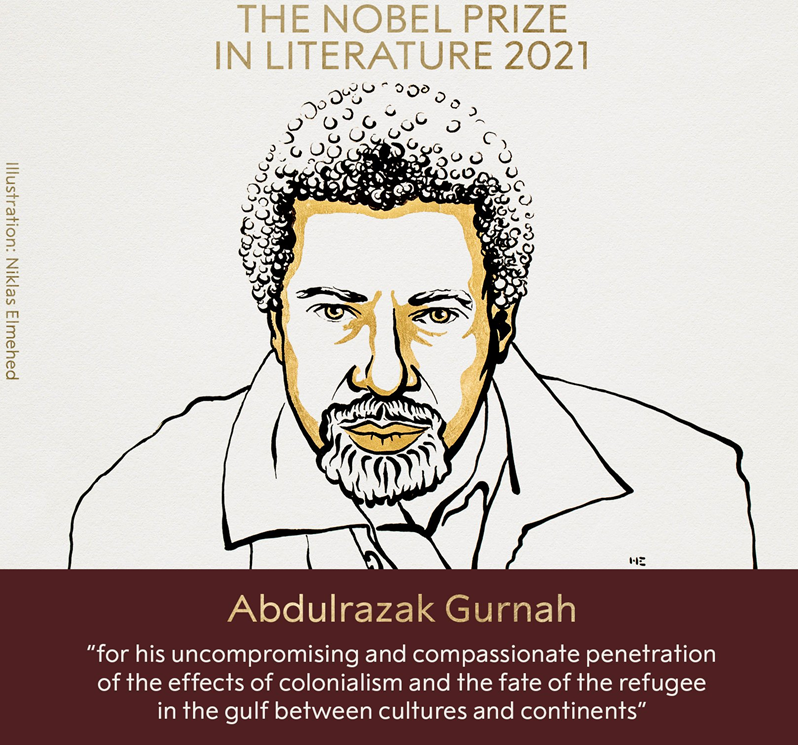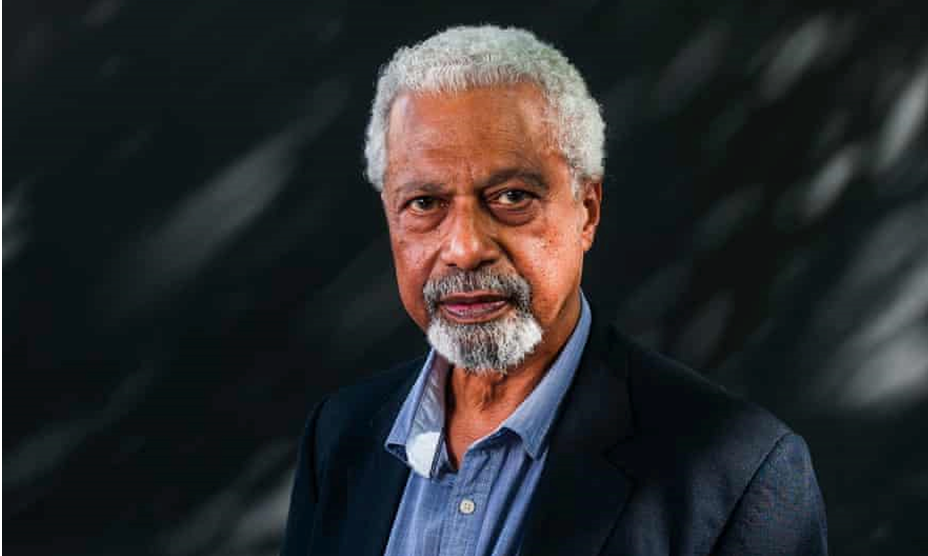
“I dedicate this Nobel Prize to Africa and Africans and to all my readers. Thanks!” Abdulrazak Gurnah
The 2021 Nobel prize in literature has been awarded to Zanzibar – born novelist, Abdulrazak Gurnah, for his “uncompromising and compassionate penetration of the effects of colonialism and the fate of the refugee in the gulf between cultures and continents”.
Gurnah grew up on one of the islands of Zanzibar before fleeing persecution and arriving in England as a student in the 1960s. He has published 10 novels as well as a number of short stories. Anders Olsson, chair of the Nobel committee, said that the Gurnah’s novels – from his debut Memory of Departure, about a failed uprising, to his most recent, Afterlives – “recoil from stereotypical descriptions and open our gaze to a culturally diversified East Africa unfamiliar to many in other parts of the world”.
No black African writer has won the prize since Wole Soyinka in 1986. Gurnah is the first black writer to win since Toni Morrison in 1993.

Gurnah’s fourth novel, Paradise, was shortlisted for the Booker prize in 1994, and his sixth, By the Sea, was longlisted in 2001. Olsson said that Paradise “has obvious reference to Joseph Conrad in its portrayal of the innocent young hero Yusuf’s journey to the heart of darkness”.
“Gurnah has consistently and with great compassion penetrated the effects of colonialism in East Africa, and its effects on the lives of uprooted and migrating individuals,” Olsson told journalists in Stockholm.
Gurnah, who was in the kitchen when he was informed of his win, said that he believed it was a wind-up.
“I thought it was a prank,” he said. “These things are usually floated for weeks beforehand, or sometimes months beforehand, about who are the runners, so it was not something that was in my mind at all. I was just thinking, I wonder who’ll get it?”
“I am honoured to be awarded this prize and to join the writers who have preceded me on this list. It is overwhelming and I am so proud.”
His longtime editor, Alexandra Pringle at Bloomsbury, said Gurnah’s win was “most deserved” for a writer who has not previously received due recognition.
“He is one of the greatest living African writers, and no one has ever taken any notice of him and it’s just killed me. I did a podcast last week and in it I said that he was one of the people that has been just ignored. And now this has happened,” she said.






